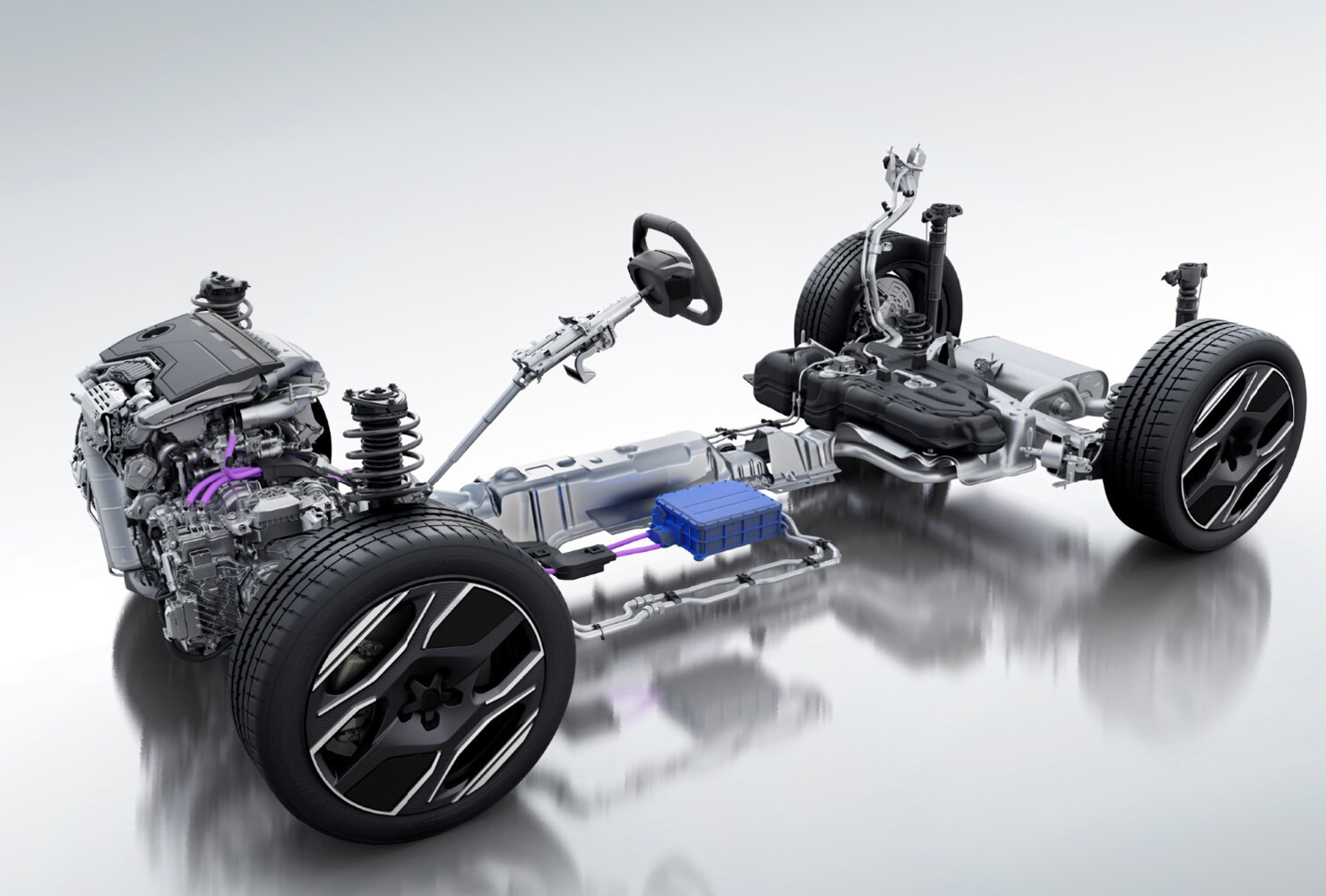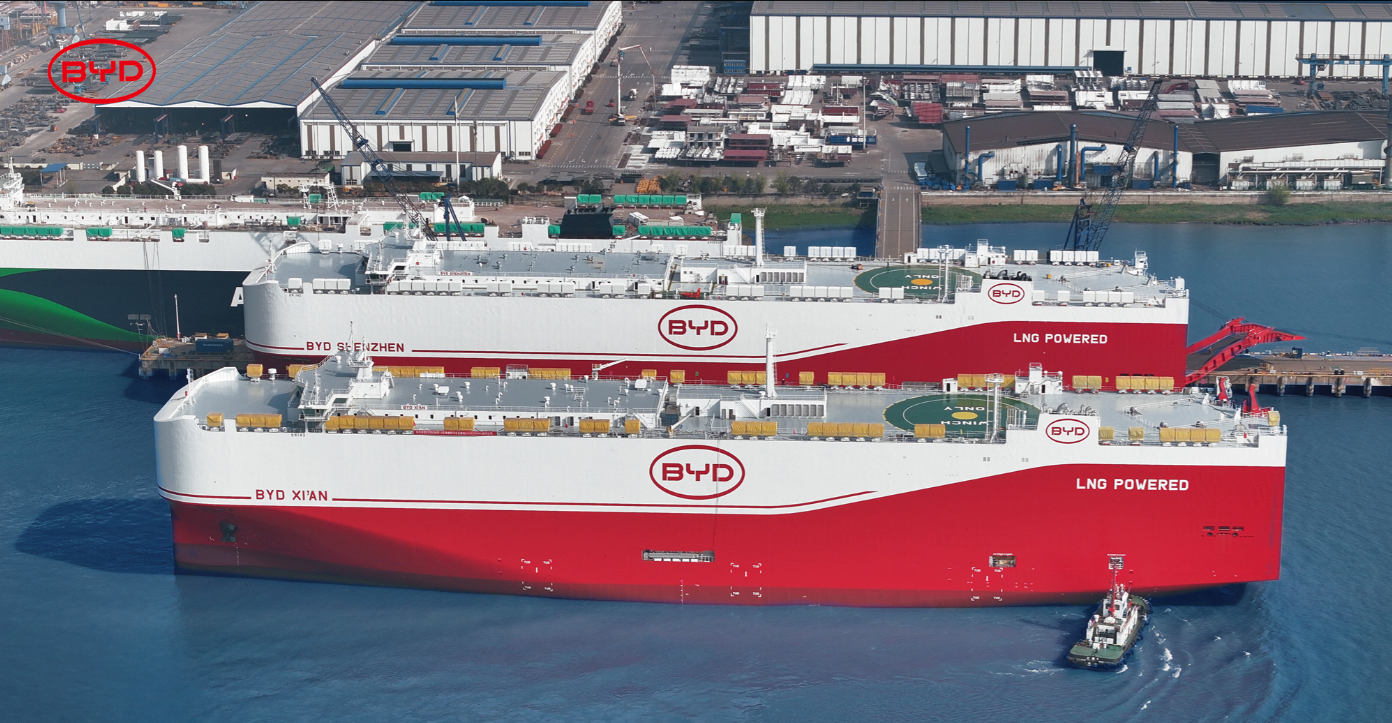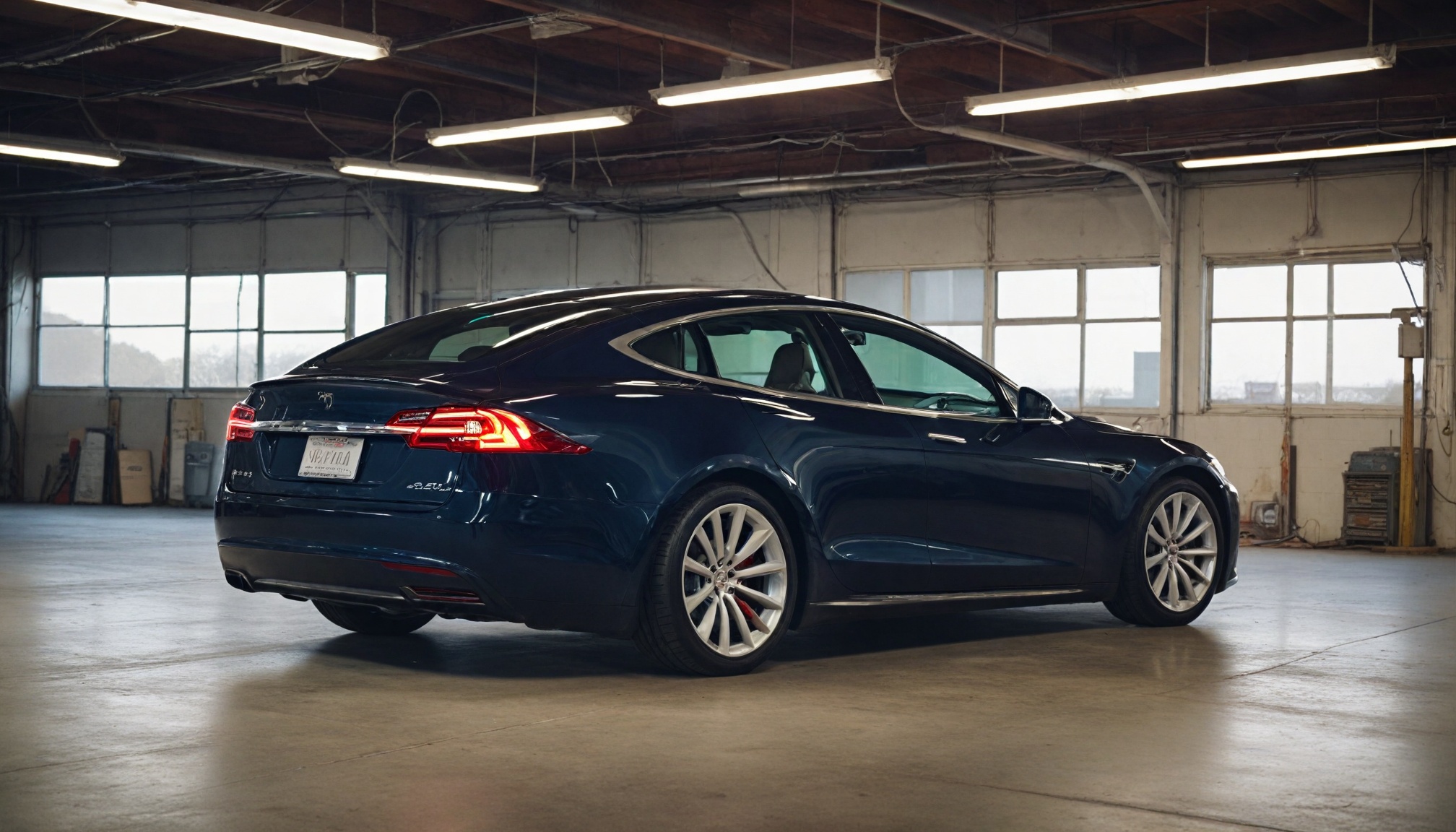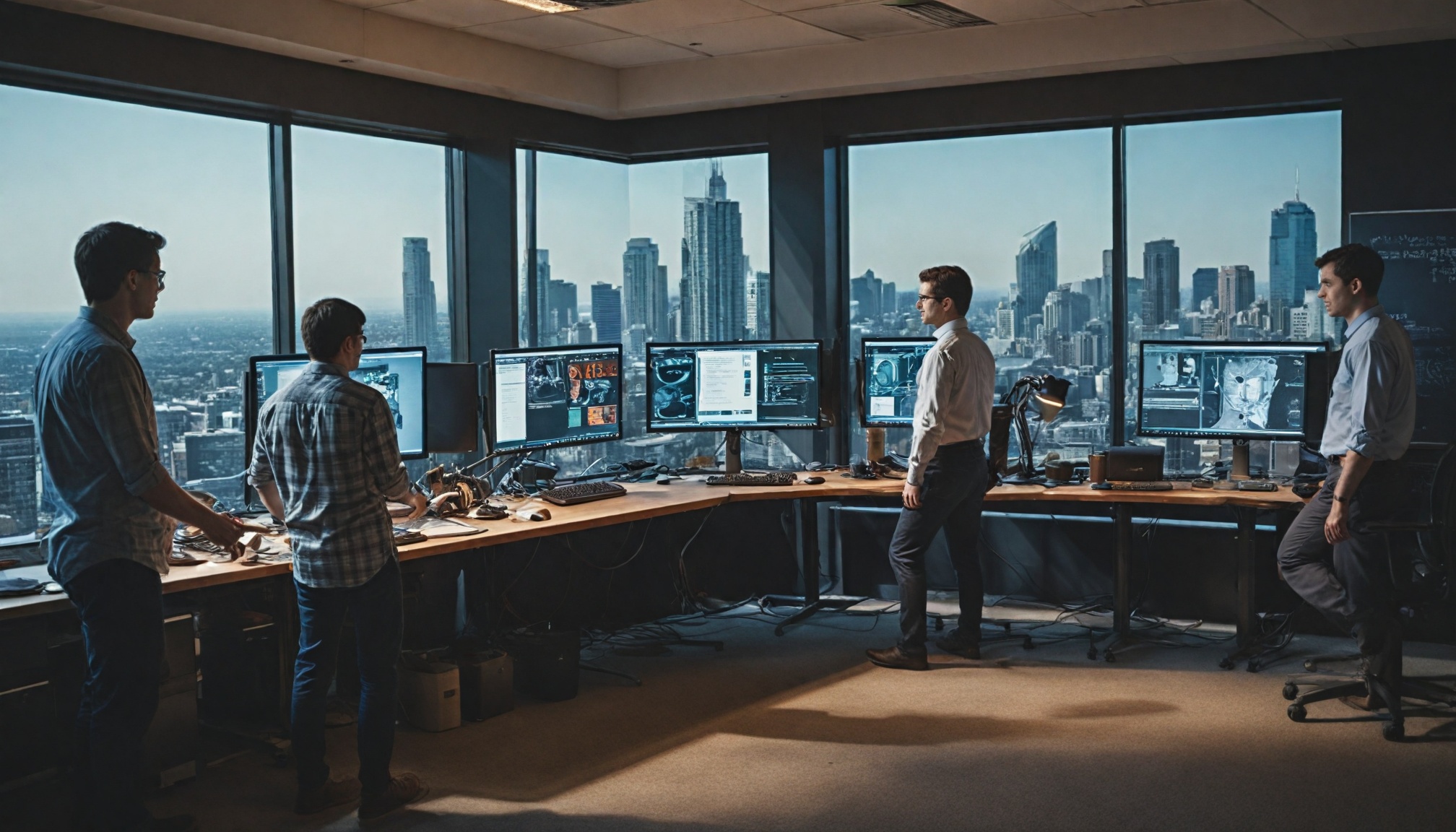
AI reshaping software development: Tech giants report 20-30% AI-generated code, projected to reach 50-95% by 2030, transforming developer roles into AI orchestrators.

Drivetech Partners
The software development landscape is undergoing a dramatic transformation as tech giants rapidly integrate AI-generated code into their repositories. Microsoft, Google, and Meta now report that 20-30% of their code is AI-generated, with Meta projecting this figure to reach 50% within a year—signaling a fundamental shift in how software is created and maintained.
Key Takeaways
Microsoft CEO Satya Nadella reports 20-30% of company code is now AI-generated, with similar figures at Google
Microsoft CTO Kevin Scott predicts an astonishing 95% of code will be AI-generated by 2030
The job market shows vulnerability with 152,000 IT sector jobs lost in January 2025 alone
Developer roles are evolving from hands-on coding to orchestrating AI systems and ensuring quality control
Future-proof skills include system architecture, MLOps, and AI-assisted development practices

AI's Rapid Transformation of Tech Giants' Codebases
The integration of AI into software development workflows has accelerated at a pace few predicted. Microsoft CEO Satya Nadella recently revealed that 20-30% of the company's repository code is now AI-generated. Similarly, Google reports that 30% of its new code comes from AI systems, up from 25% just months earlier. Perhaps most striking is Meta's trajectory, where Mark Zuckerberg anticipates that half of all development will be AI-driven within a year.
These aren't just experimental projects but production-level code contributions. At Microsoft, AI code acceptance rates are reaching 30-40% and "going up monotonically," according to Nadella. The AI performs particularly well with Python but still shows limitations with more complex languages like C++ and C#. Tech giants aren't stopping at code generation either—they're increasingly deploying AI for code review processes, creating a multi-layered AI presence in the development cycle.
The Vulnerable Job Market for Traditional Developers
As AI demonstrates growing capabilities in code production, the job market for traditional developers faces significant pressure. January 2025 saw 152,000 IT sector jobs eliminated in a single month. A recent survey found that 90% of software engineers believe finding employment is more difficult than it was in 2020, while only 6% expressed confidence they could match their current salary if they lost their position.
The anxiety is widespread—nearly 30% of 550 software developers surveyed believe AI will replace their efforts in the foreseeable future. Junior developers appear particularly vulnerable to automation, as many entry-level coding tasks fall within AI's current capabilities. Wall Street technology executives have noted that AI is quickly becoming a sophisticated coder in the finance sector, traditionally a high-paying refuge for developers.
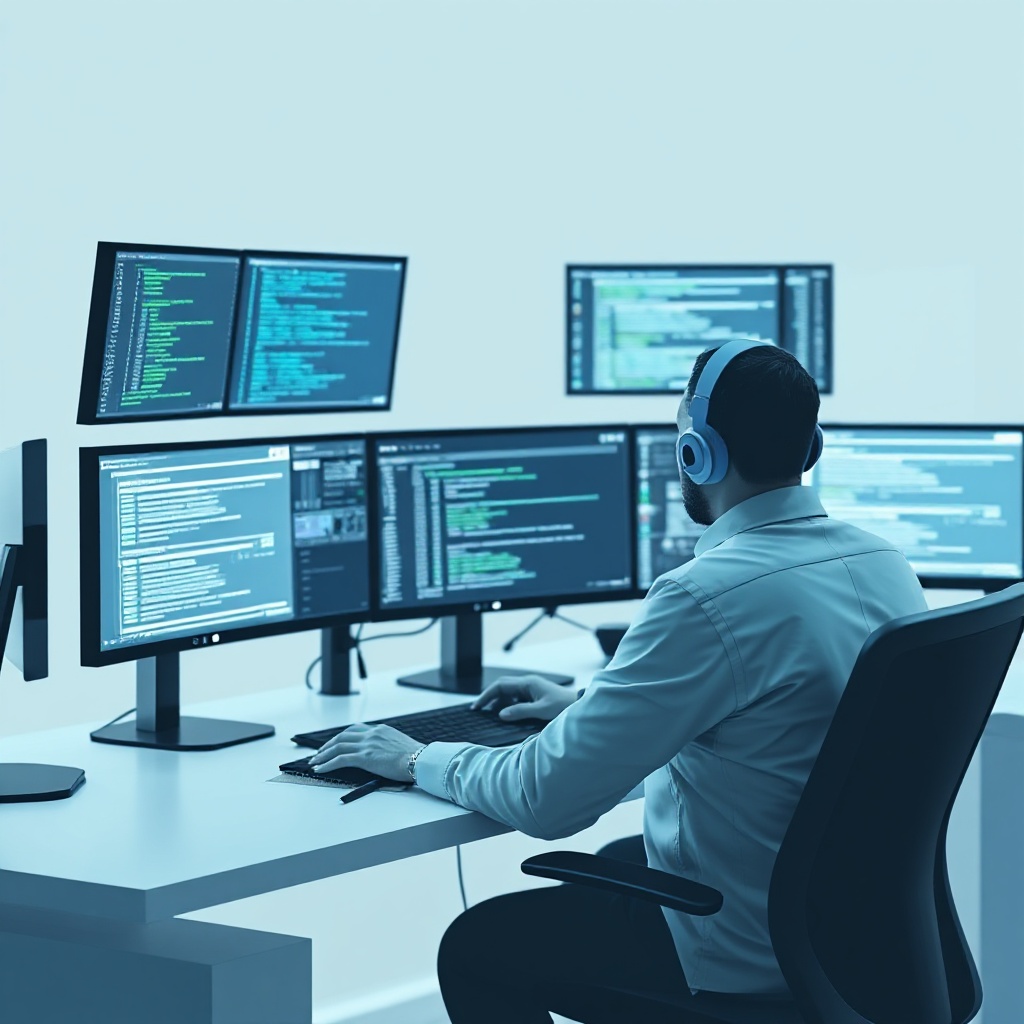
The New Developer Role: Human-AI Collaboration
Rather than a complete replacement of human developers, what's emerging is a fundamental shift in responsibilities. Developers are transitioning from hands-on coding to orchestrating and quality-controlling AI agents. This includes focusing on architectural design, strategic decision-making, and providing ethical oversight of AI-generated code.
Human developers are becoming "AI managers" who supervise complex development cycles rather than implementing every feature manually. At Meta and Microsoft, engineers increasingly spend their time defining problems and evaluating solutions rather than writing implementation code. Human judgment remains essential for critical system architecture and design decisions that require contextual understanding and creative problem-solving—areas where AI still struggles.
Essential Skills in the AI-Augmented Development Era
As the nature of software development changes, so do the skills required to remain competitive. AI-assisted coding and automation expertise have become foundational rather than optional. System architecture and high-level design capabilities are increasingly valuable as AI handles more routine coding tasks.
The demand for machine learning operations (MLOps) knowledge has surged as organizations need people who understand how to deploy and manage AI systems effectively. Mathematical proficiency in algebra, calculus, and statistics provides the theoretical foundation for working with AI systems. The following skill areas have seen particularly strong demand growth:
Big data, data mining, and data science
Experience with tools like R, Hadoop, and Spark
Text analytics and natural language processing
AI model evaluation and optimization
This shift is reflected in hiring patterns, with demand for AI-related roles doubling over the past three years while traditional development positions have plateaued or declined.
Quality Control and Security Challenges with AI-Generated Code
As AI code contribution increases, new quality and security challenges emerge. Microsoft tracks two key metrics: AI code acceptance rate (currently 30-40%) and implementation rate. The gap between these figures represents human intervention and quality control efforts.
One particular concern is AI's tendency to "hallucinate" package dependencies, which creates new security vulnerabilities if not carefully monitored. Companies are implementing specialized validation systems specifically designed for AI-generated code. Software engineers now have added responsibility for verifying AI code safety and functionality.
New quality assurance methodologies are emerging specifically for AI code review. Human oversight remains critical to prevent the propagation of errors or security flaws that could be replicated across multiple projects if not caught early.
Educational and Training Implications for Next-Gen Developers
The World Economic Forum estimates that 40% of today's workers will need major skill updates by 2030 to remain employable. Computer science education is shifting toward AI-augmented development principles rather than focusing solely on traditional coding practices.
The most in-demand AI jobs include data scientist, software engineer, and machine learning engineer—positions that blend traditional development with AI expertise. Industry-academia partnerships are forming to retrain the existing workforce, with a focus on developing creative problem-solving skills over rote coding.
Educational programs are placing increased emphasis on ethical decision-making in software development. This includes understanding the implications of AI-generated code, addressing bias in algorithms, and ensuring proper oversight of automated systems.
Long-Term Industry Forecast: Radical Transformation by 2040
Looking further ahead, software development is predicted to undergo a complete paradigm shift by 2040. Human developers will focus almost exclusively on uniquely human capabilities: creativity, ethics, and contextual understanding. We may see the emergence of new programming paradigms specifically optimized for human-AI collaboration.
Future developers may primarily write specifications rather than implementation code, with AI handling the translation into executable programs. Programming languages will likely evolve to better facilitate human-AI interaction, emphasizing intent and requirements over syntactic details.
The economic structure of the software industry will transform, with fewer but more specialized human developers working alongside increasingly autonomous AI systems. This doesn't necessarily mean fewer jobs overall, but rather a redistribution of human effort toward higher-value activities that machines cannot easily replicate.
As Microsoft CTO Kevin Scott's prediction of 95% AI-generated code by 2030 suggests, we're not just witnessing an evolution in tools but a fundamental reinvention of what it means to be a software developer.
Sources
Business Insider: AI code at Meta, Microsoft, and Google
ExtremeTech: Nearly a third of Microsoft's new code is AI-generated
XDA Developers: Microsoft's CEO: AI wrote 30 percent company's code
Brainhub: Software Developer in the Age of AI
Business Insider: Wall Street software engineers on AI career advice

